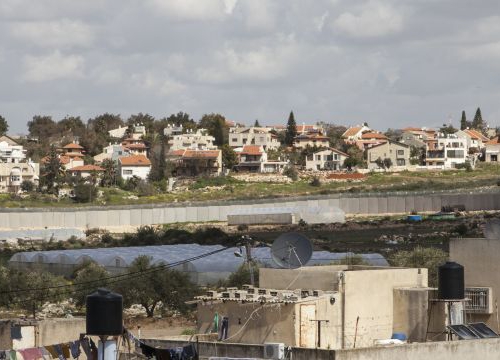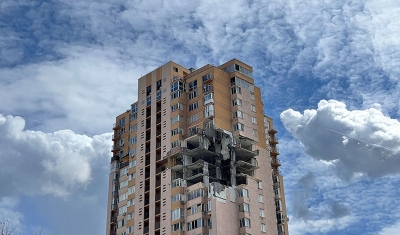PROTECTING HUMAN RIGHTS IN THE OCCUPIED PALESTINIAN TERRITORIES: NEW TRENDS AND CHALLENGES
Event


ICRC
Michael Sfard, the most prominent Israeli human rights lawyer, is one of the co-founders of the NGO Yesh Din and its present legal advisor. He has specialized in the defence of Palestinian victims of Israeli occupation and also assists soldiers who refuse to serve in the Palestinian Occupied Territories.
Michael Sfard has just released a book ‘The Wall and the Gate: Israel, Palestine and the Legal Battle for Human Rights’ (Macmillan/Henry Holt, 2018), which has given rise to intense debates in the United States throughout January and February.
He will address the broader issue of the current situation of human rights defenders in Israel and Palestine, a topic on which he published an Op-Ed in the New York Times of 5 January 2018.
Chairperson
- Marcelo Kohen, Professor of International Law, Graduate Institute of International and Development Studies
Speaker
- Michael Sfard, Attorney-at-Law, Tel Aviv
Partners
This event is co-organized with the Graduate Institute of International and Development Studies, with the support of JCall.









